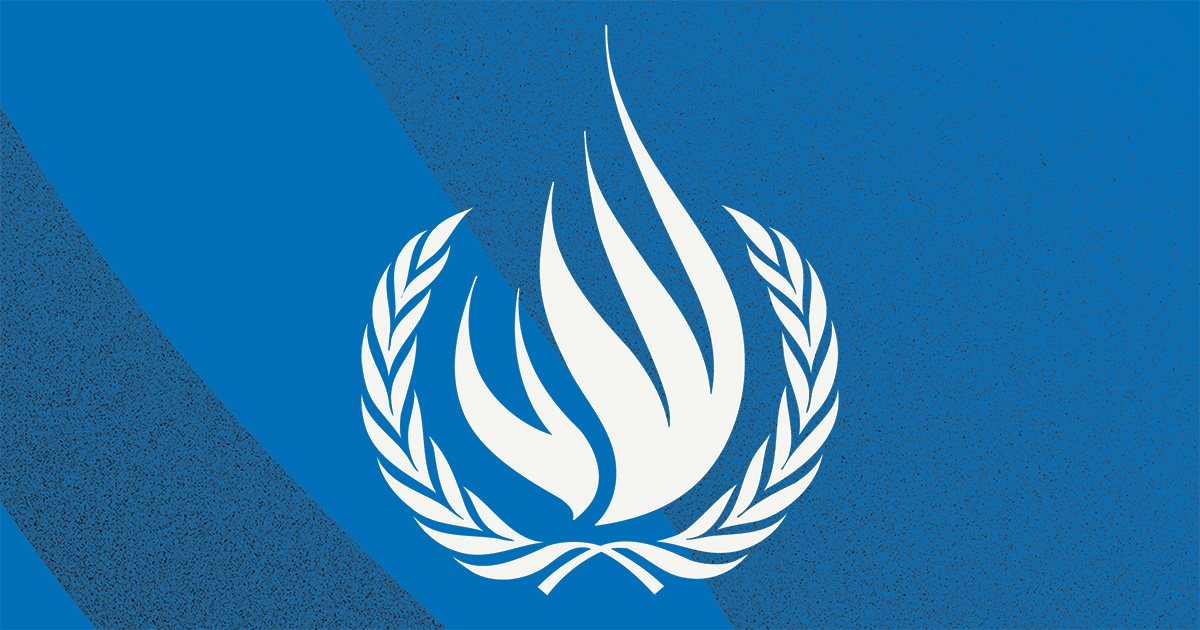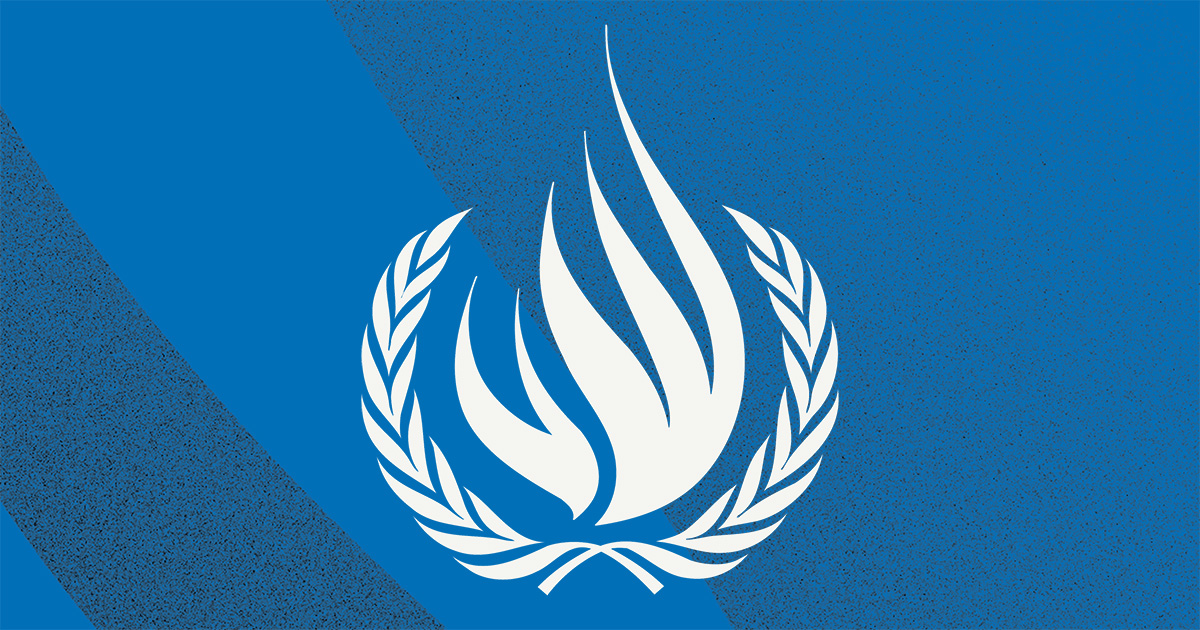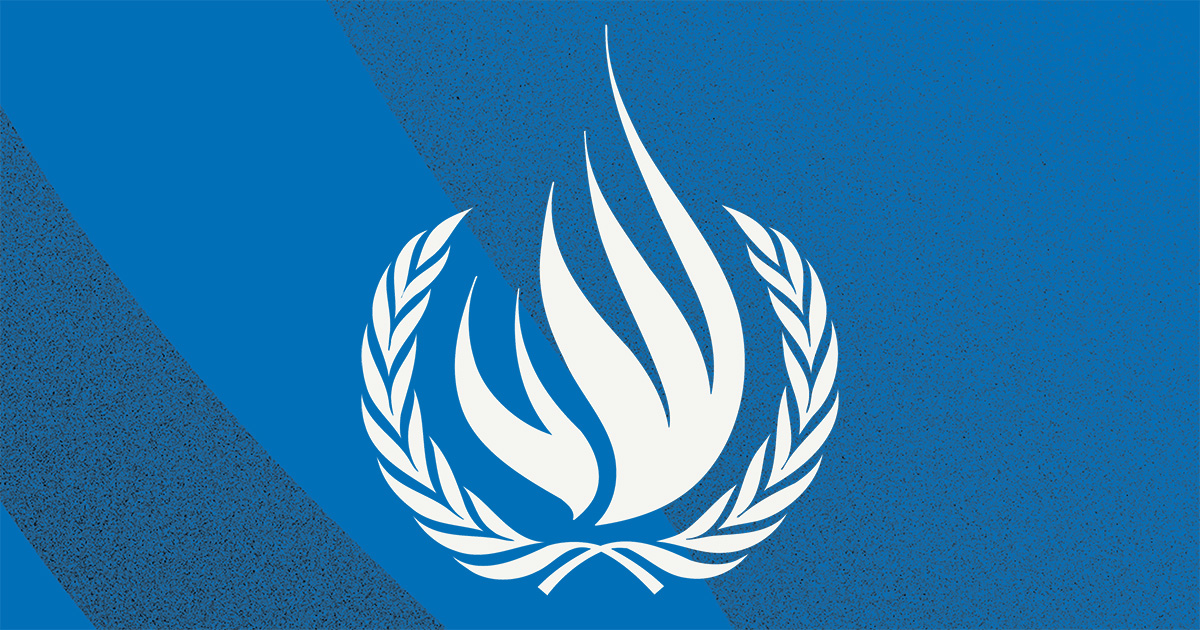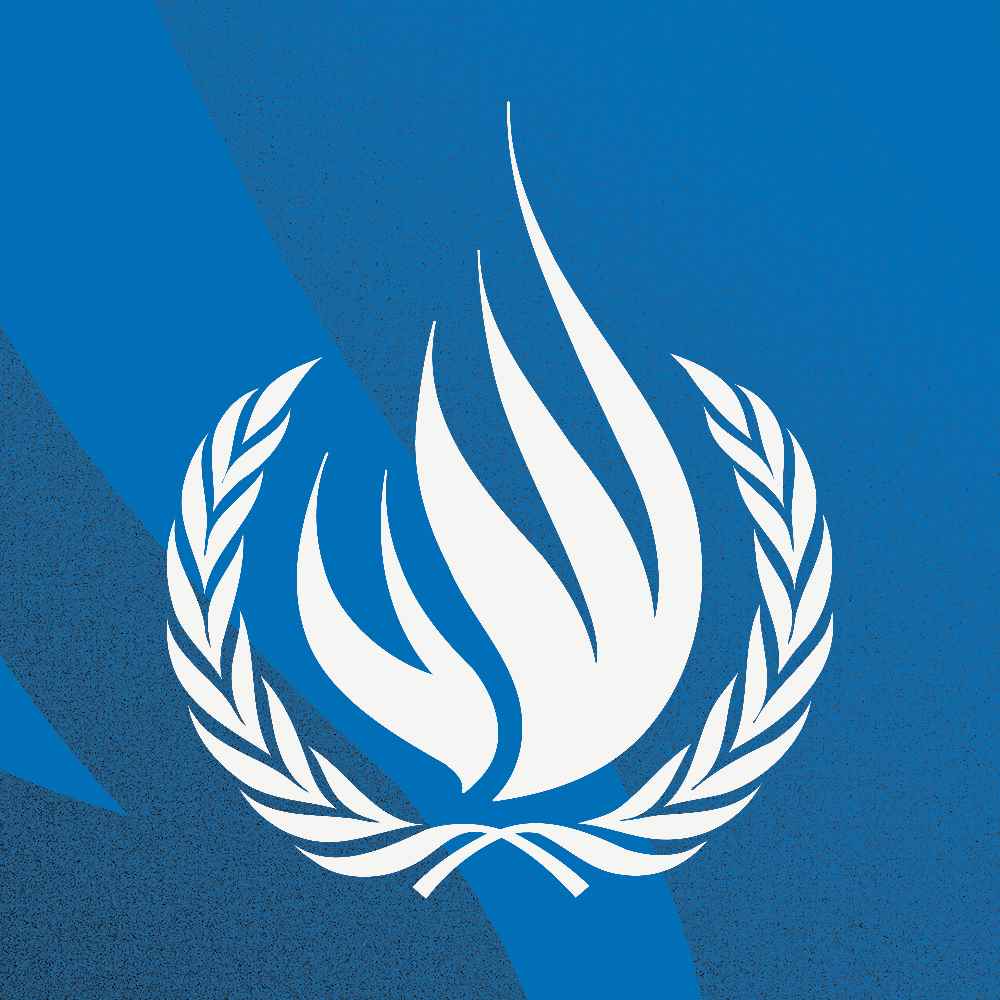
“Only a few days ago, I received disturbing reports of attacks and abductions of persons with albinism, in two different countries, both of which had little or no known attacks against persons with albinism until the recent months,” said the Independent Expert on albinism, Mukuka-Anne Miti-Drummond.
“One of the victims was a child whose body was reportedly thrown into a river after her eyes and organs had been removed, no doubt for ritual purposes.”
Miti-Drummond was speaking at the Human Rights Council in Geneva where she presented her first report since her appointment as UN Independent Expert on the enjoyment of human rights by persons with albinism.
Albinism is a rare, genetically inherited condition that occurs worldwide, regardless of race. It commonly results in the lack of pigmentation in the hair, skin and eyes, causing vulnerability to sun exposure. This can lead to skin cancer and severe visual impairment.
It has been reported that an estimated one in every 17,000 to 20,000 people in North America and Europe have albinism, although developing research suggests that prevalence may be much higher globally. The condition is much more prevalent in Africa, where the prevalence ranges from 1 person in 5,000 to as low as 1 person in 15,000. It has been reported that some selected populations in Southern Africa have prevalence rates as high as 1 in 1,000 people.
Miti-Drummond highlighted that the appearance of people with albinism makes them “hypervisible” - especially in parts of the world where the majority of the people has darker skin, resulting in stark contrast between the two groups.
Further, because of their colouring and visual impairment, the expert added, people with albinism experience multiple and intersecting forms of discrimination.
“For many persons with albinism, this is what their day-to-day realities entail – experiences of ostracism, rejection and the debilitating fear of being abducted or attacked on their way to school, work or home.”
“All because of a condition that could be easily explained by science and genetics,” Miti-Drummond said.
In the past decade, UN Human Rights and the expert mandate on albinism have received reports of more than 600 attacks against children and adults with albinism. Witchcraft was identified as one of the root causes of these attacks, as some believe that the body parts of people with albinism can bestow fortune on those who possess them. Miti-Drummond called the shocking attacks against people with albinism, such as the incidents she described to the Council, hate crimes and harmful practices.
Harmful practices have been defined in a joint general recommendation by the Committee on the Elimination of Violence against Women and the Committee on the Rights of the Child as persistent practices and behaviours that are grounded in discrimination on the basis of sex, gender, age and other grounds, as well as multiple and/or intersecting forms of discrimination that often involve violence and cause physical and/psychological harm or suffering.
Miti-Drummond further pointed out that the egregiousness of attacks and their ongoing occurrence against a specific group with their particular characteristics, such as people with albinism, qualifies them as hate crimes. She also highlighted the “bias motive” inherent to hate crimes, as offenders have a bias against an actual or perceived characteristic of victims’ identities and what they represent. In the case of persons with albinism, their colouring constitutes the bias motive as many attackers hold the misbelief that they are supernatural beings who can bring them wealth, luck and protection due to their different colouring from others, even when this involves people within the same ethnic group.
“Hate crimes also differ from ordinary crimes in the impact they have on the targeted persons or community,” she said. “They cause greater psychological injury, as well as increased feelings of vulnerability for victims because they are unable to change the characteristics that made them victims in the first place.”
In her report, Miti-Drummond identifies good practices in relations to harmful practices and hate crimes, including the establishment of reporting mechanisms in different countries around the globe. In 2021, the African Union (AU) devised a Plan of Action to End Attacks and other Human Rights Violations against people with albinism. The expert hopes a Special Envoy mandate can be created to assist in implementing the AU’s Plan of Action.
Further, in 2021, the UN Human Rights Council adopted a resolution on the elimination of harmful practices related to accusations of witchcraft and ritual attacks, recognizing the need to combat that phenomenon.
The expert also urges States to adopt specific hate crime laws in which people with albinism can be recognized as victims with protected characteristics. This “will not only condemn the bias motive in the crimes against them, but can prompt further investigations and impact the way victims are treated, how they are interviewed and the seriousness of sentences given to offenders,” she said.










